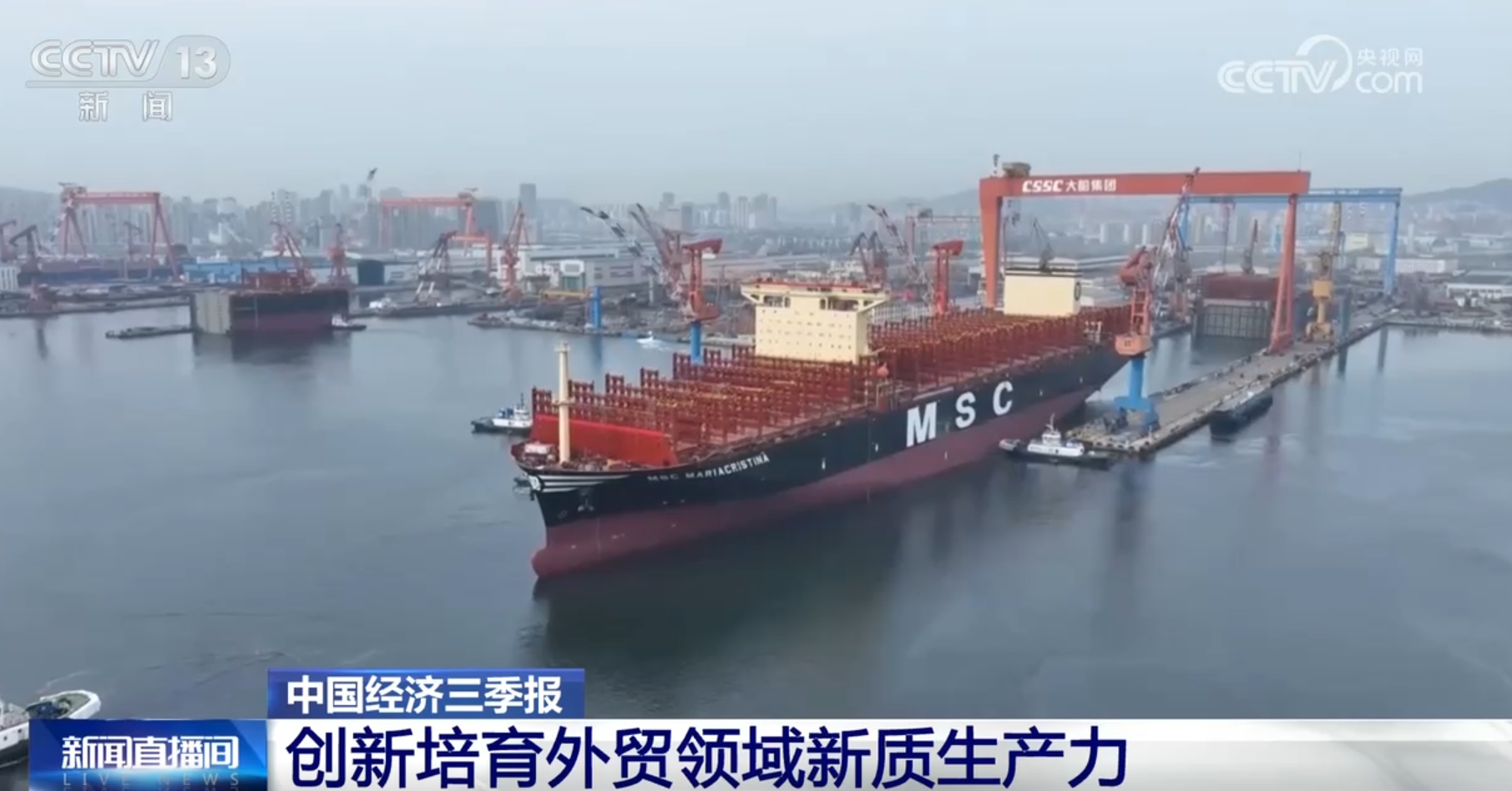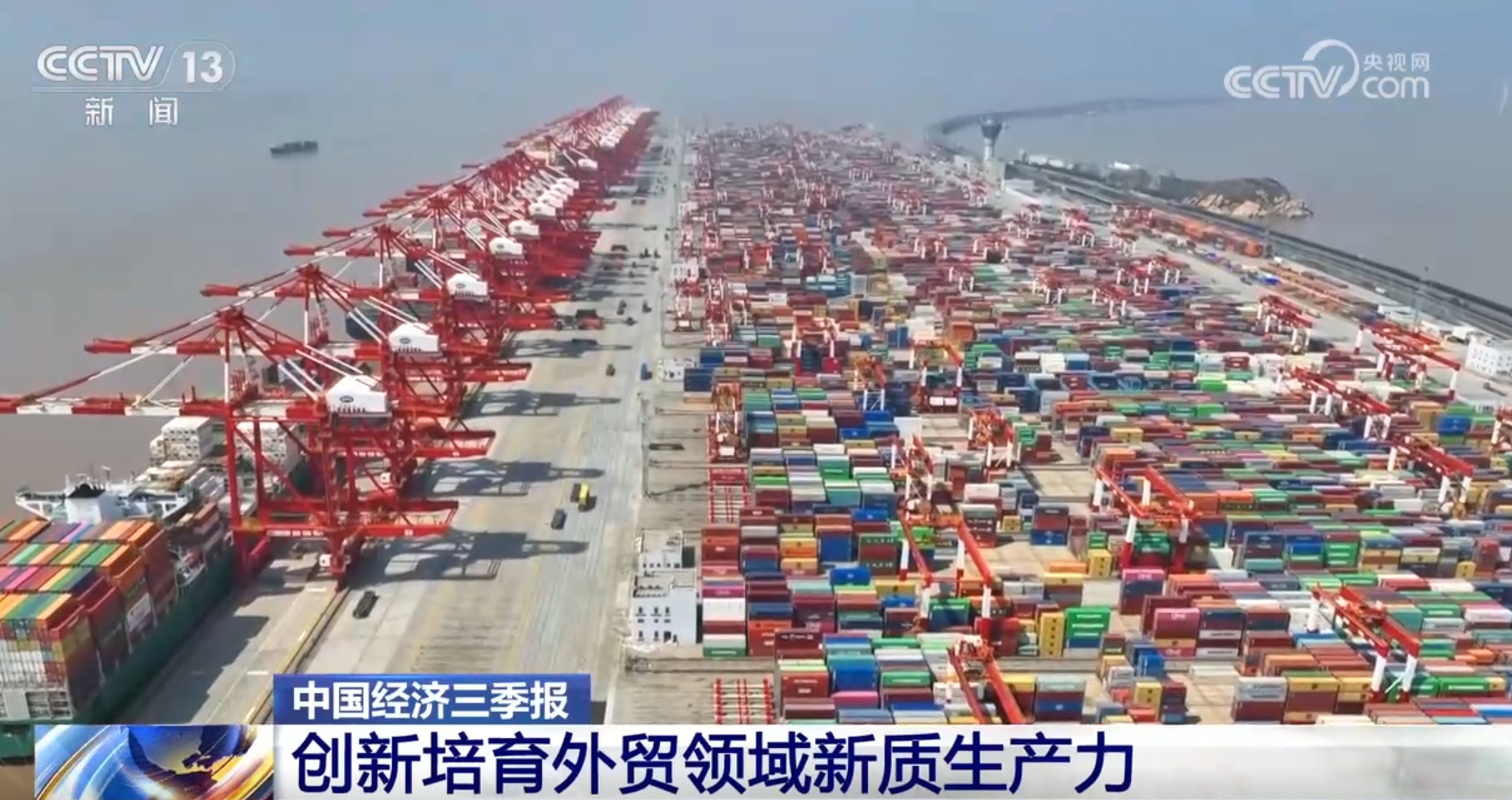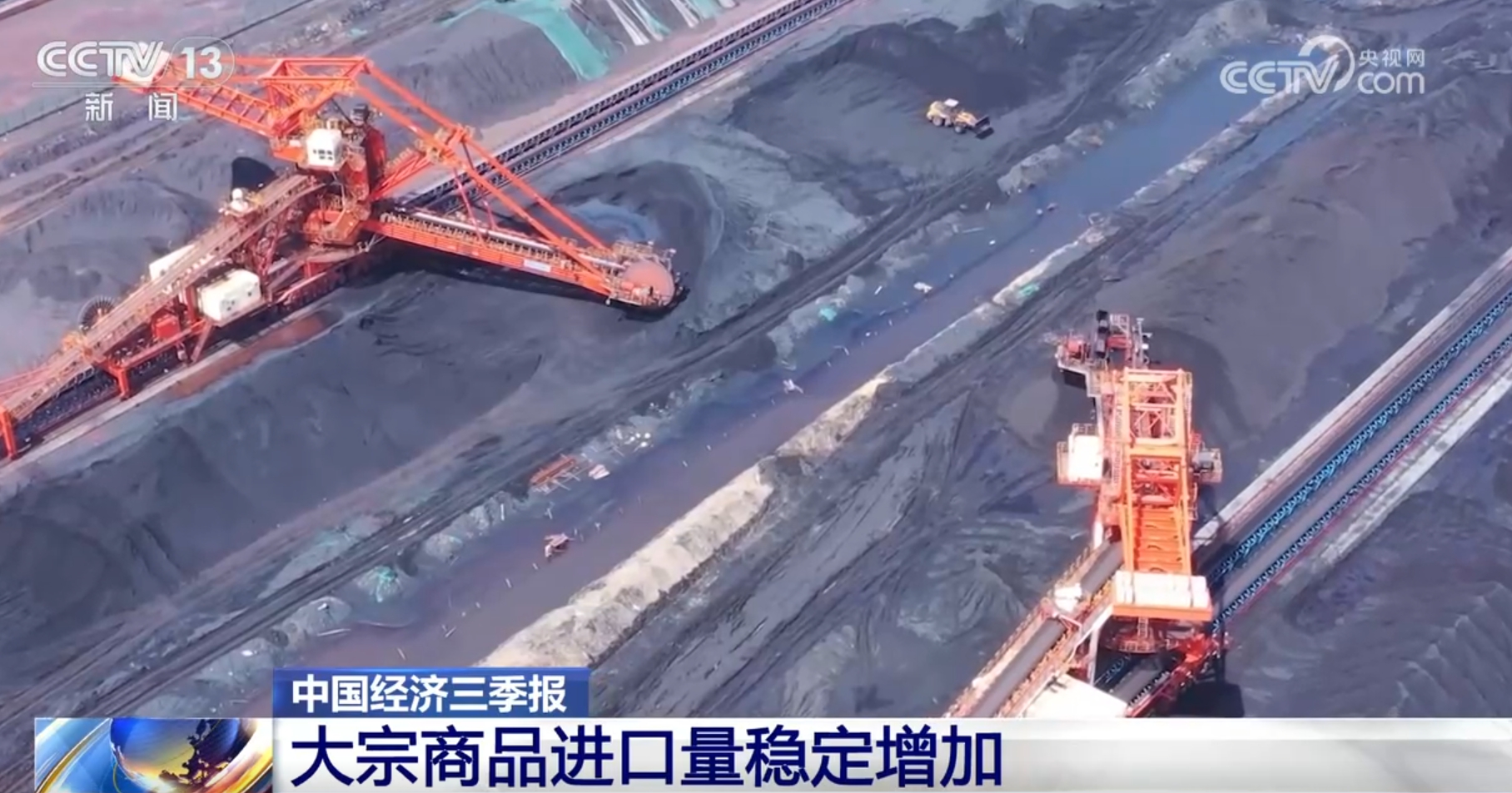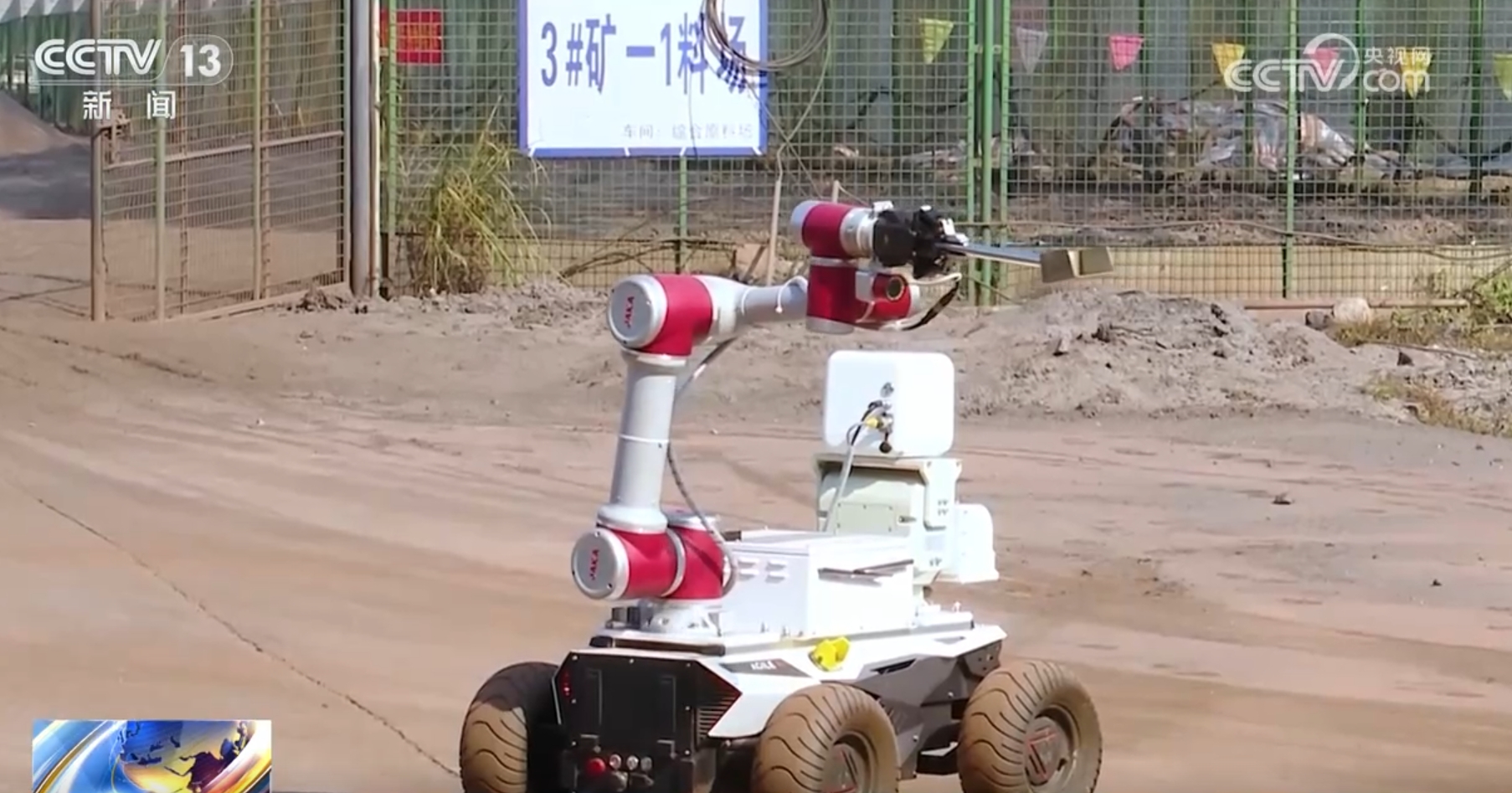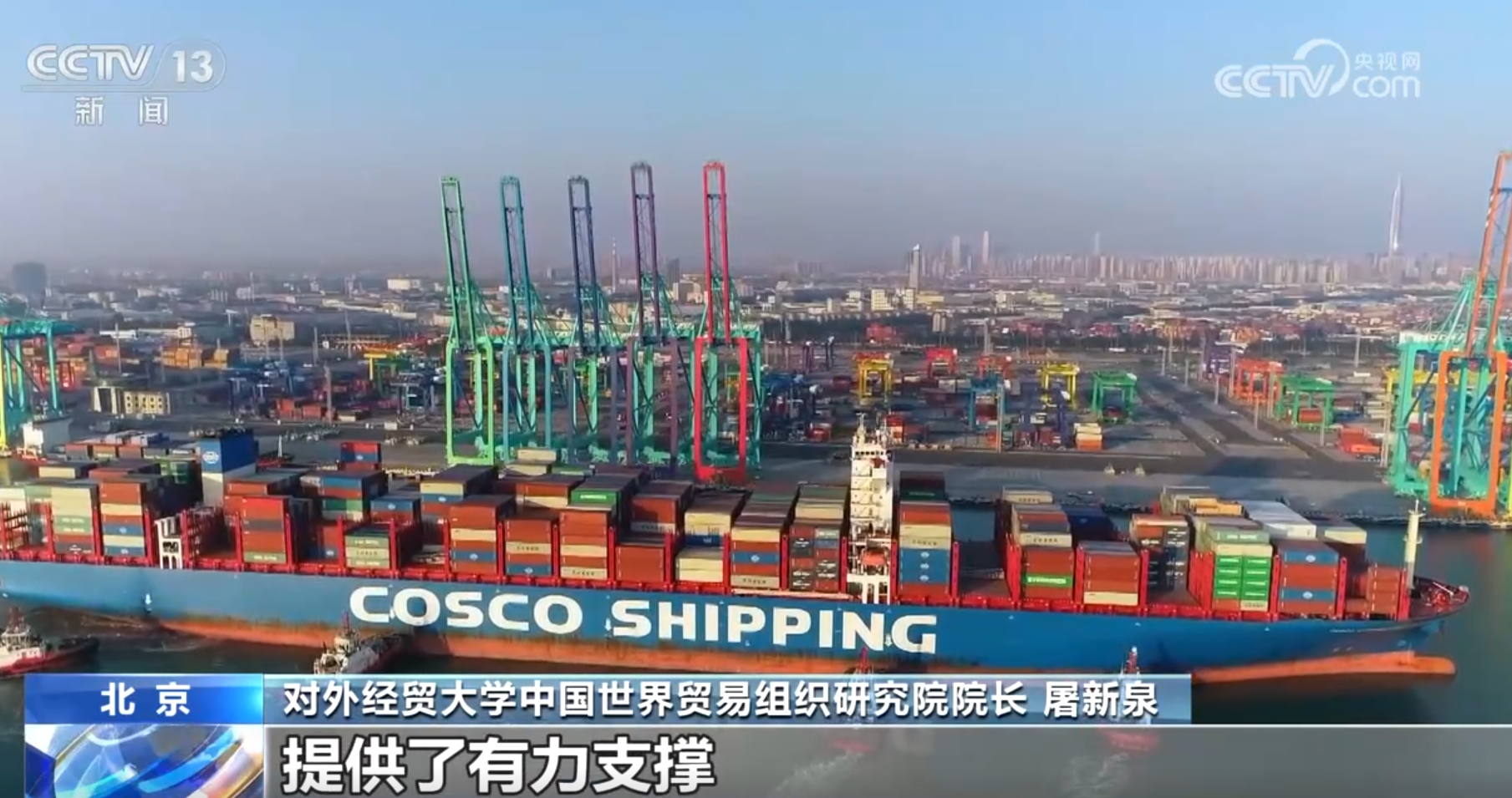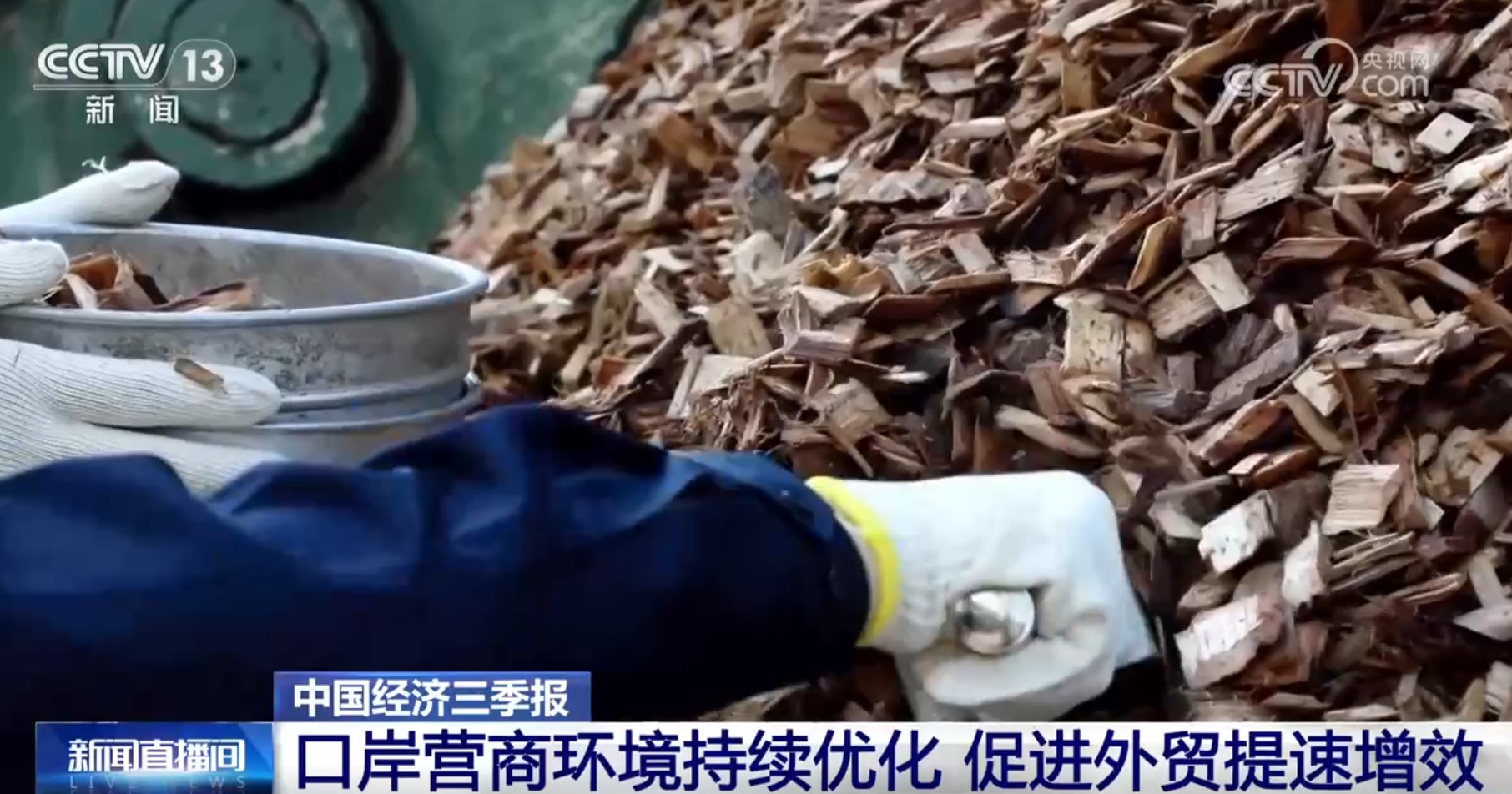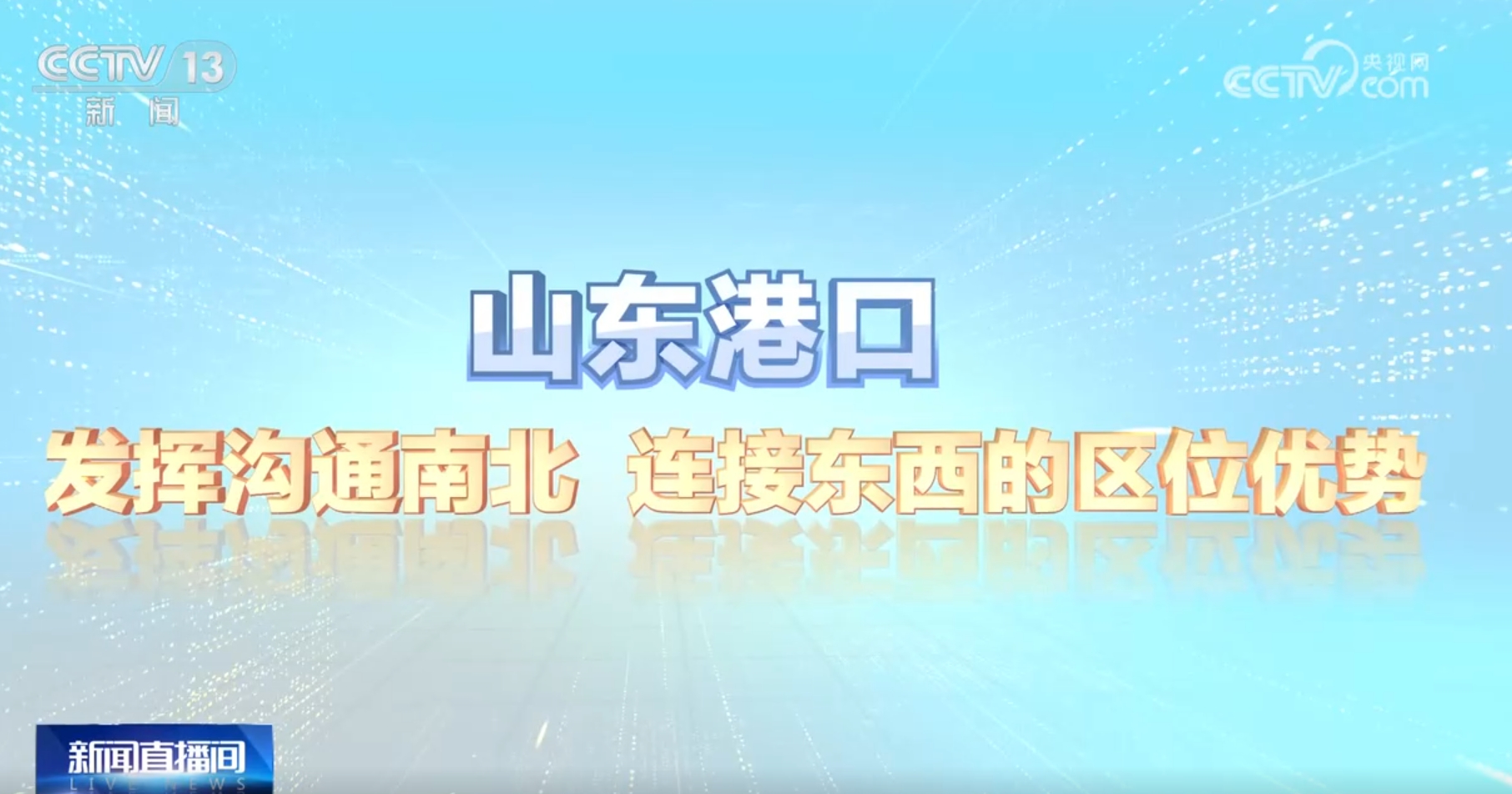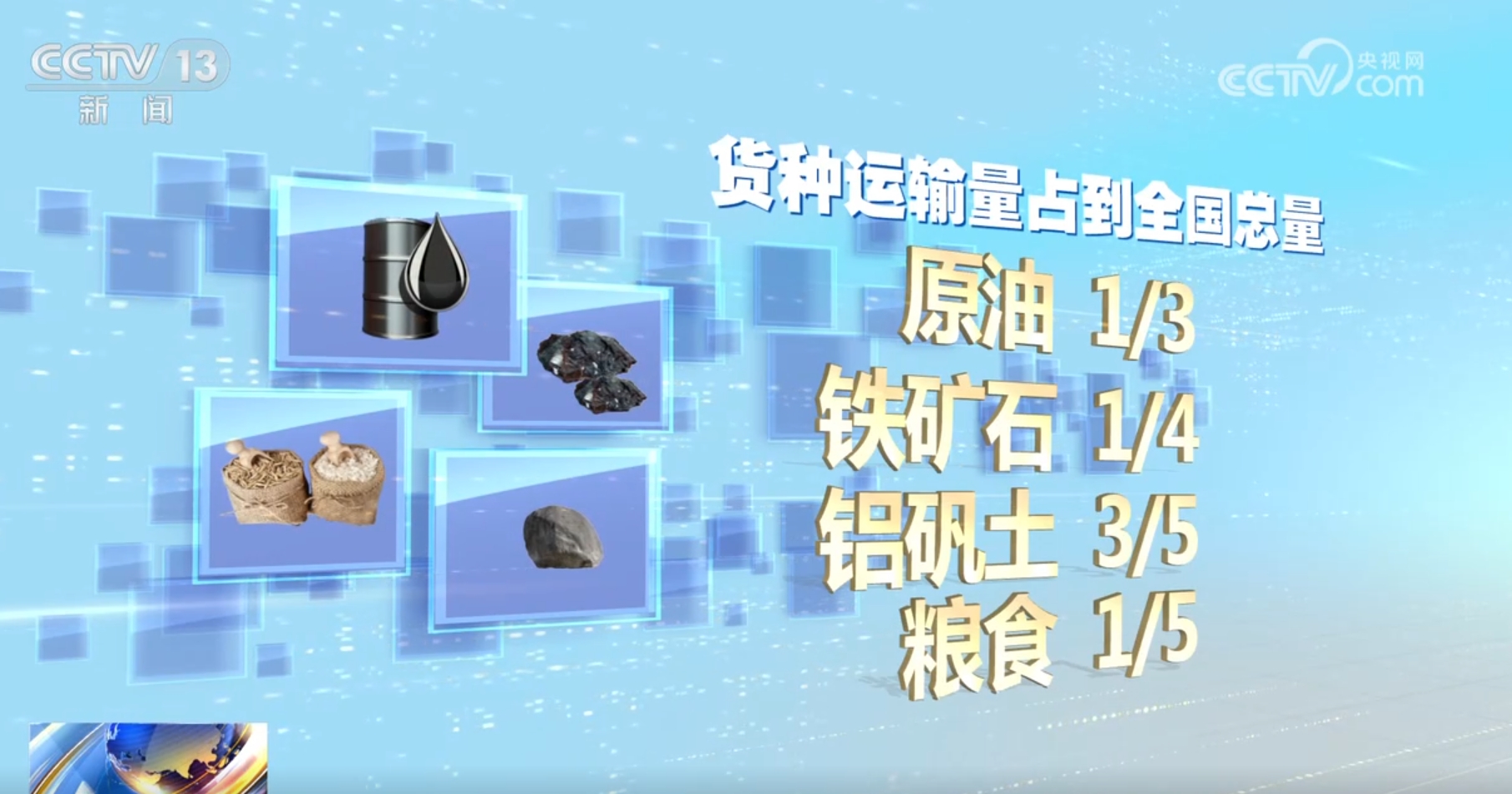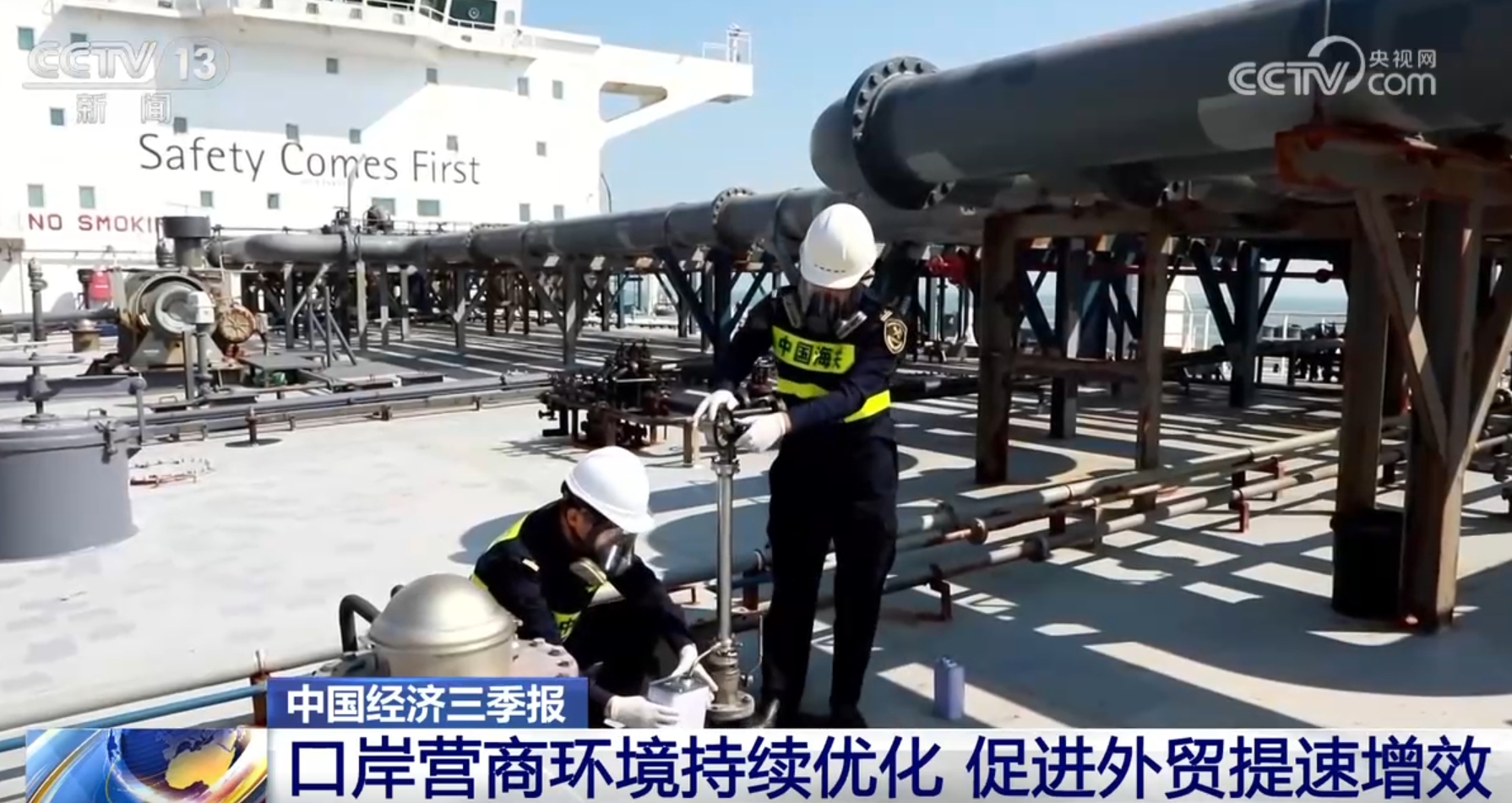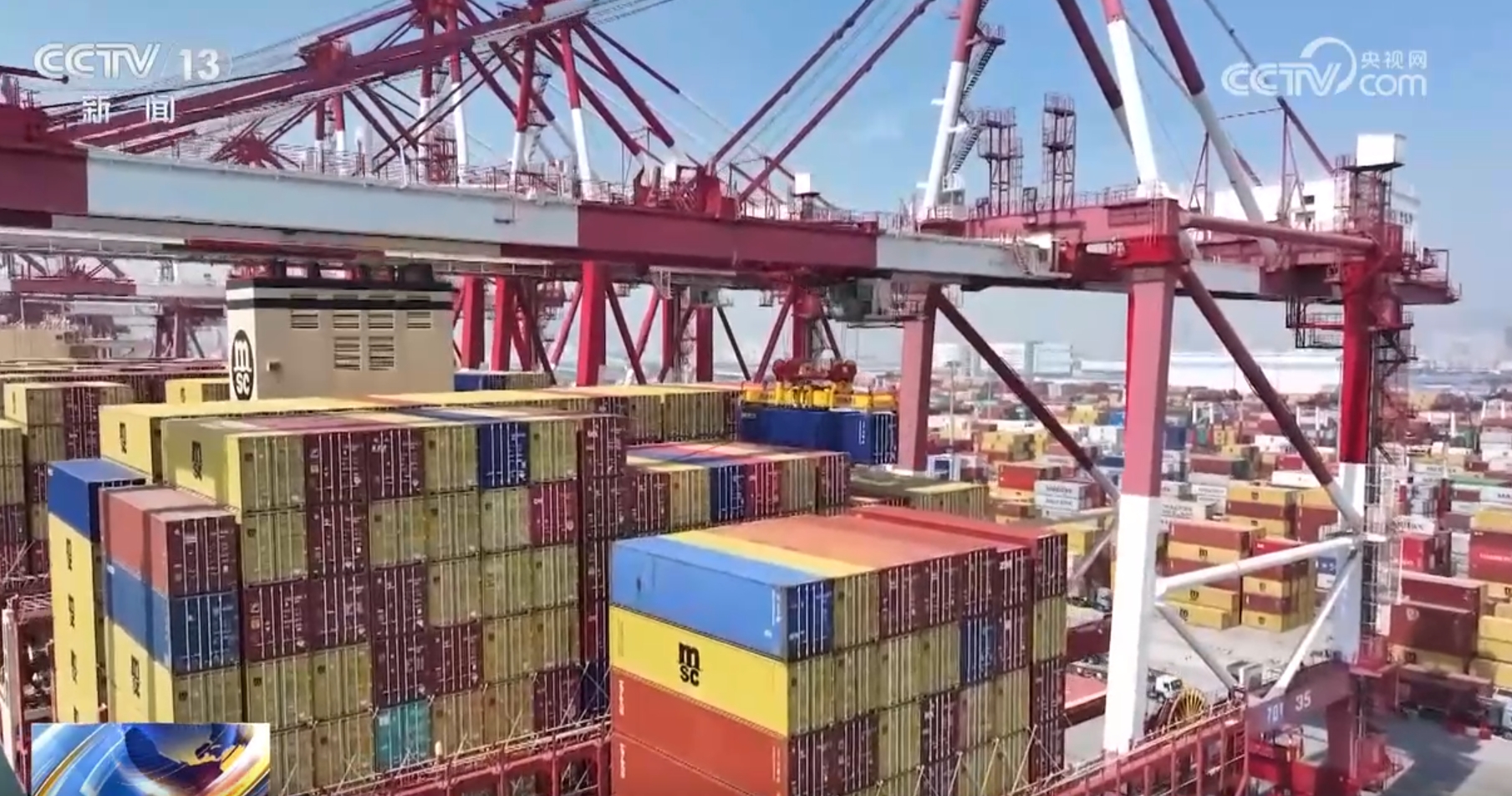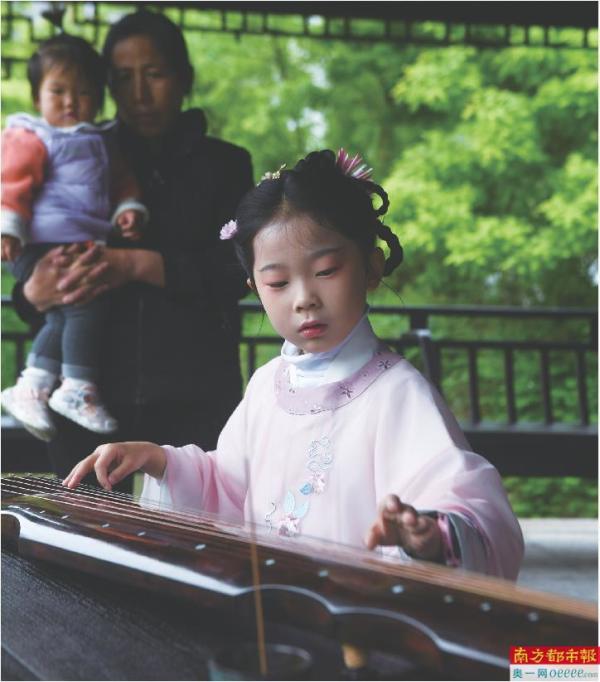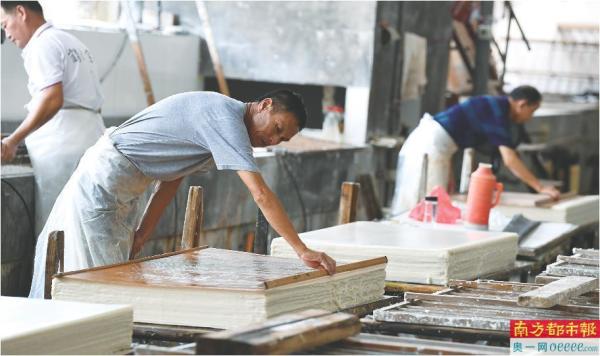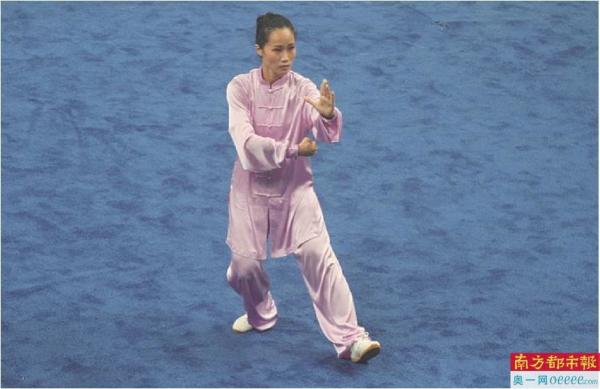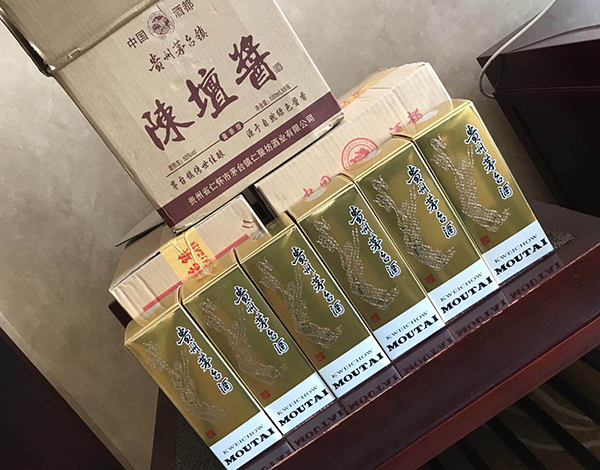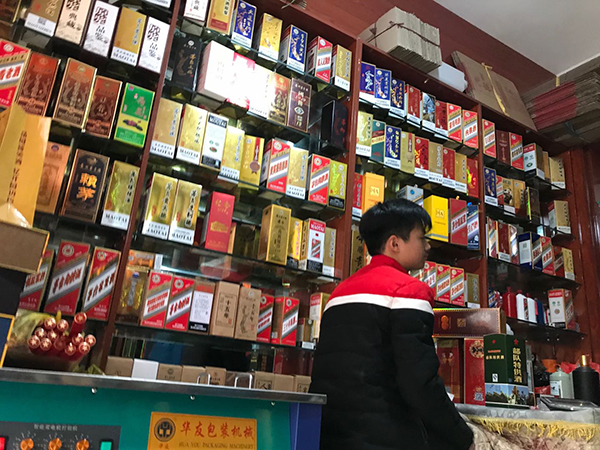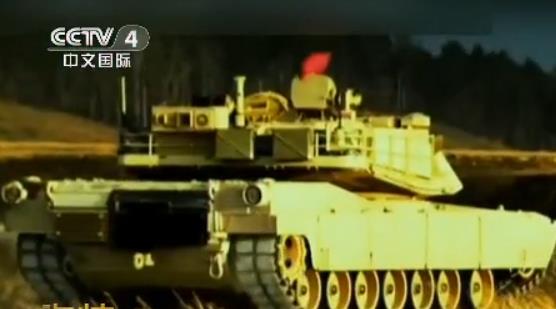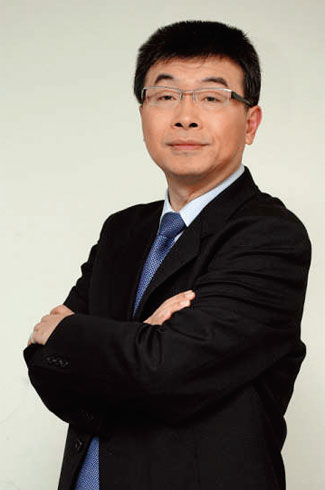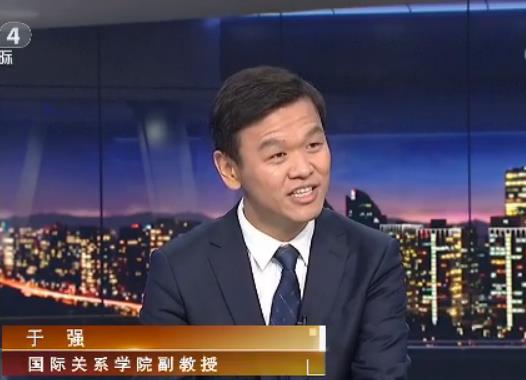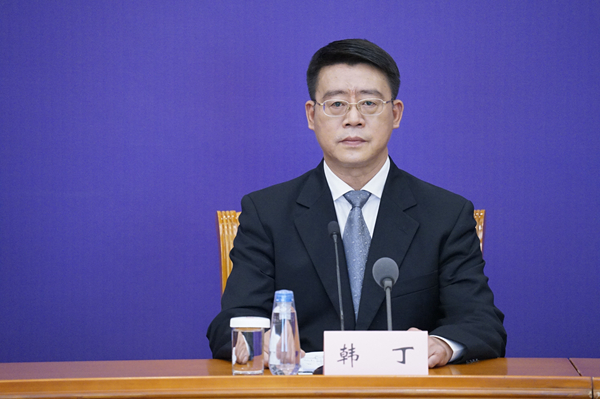Chapter I General Principles
the first In order to strengthen the equity management of securities companies, protect the legitimate rights and interests of shareholders, customers and other stakeholders of securities companies, and promote the sustained and healthy development of securities companies, these Provisions are formulated in accordance with the People’s Republic of China (PRC) Company Law, the People’s Republic of China (PRC) Securities Law (hereinafter referred to as the Securities Law), the Regulations on the Supervision and Administration of Securities Companies and other laws and administrative regulations.
the second These Provisions shall apply to securities companies established in People’s Republic of China (PRC) according to law.
Article The equity management of securities companies should follow the principles of classified management, excellent qualification, clear rights and responsibilities, clear structure, orderly change, openness and transparency.
Article 4 Shareholders of securities companies shall abide by laws and regulations, the provisions of China Securities Regulatory Commission (hereinafter referred to as China Securities Regulatory Commission) and the articles of association of the company, adhere to the concept of long-term investment, exercise their rights and perform their obligations according to law.
Securities companies should strengthen the management of equity affairs, improve the corporate governance structure, and improve the risk management and internal control system.
China Securities Regulatory Commission and its dispatched offices follow the principle of prudent supervision, and carry out penetrating supervision and classified supervision on the equity of securities companies according to law.
Article 5 According to the shareholding ratio and its influence on the operation and management of securities companies, the shareholders of securities companies include the following four categories:
(1) Controlling shareholder refers to a shareholder who holds more than 50% of the shares of a securities company or a shareholder whose voting rights are sufficient to have a significant impact on the resolutions of the shareholders’ meeting of a securities company, although the shareholding ratio is less than 50%;
(2) Major shareholders refer to shareholders who hold more than 25% of the shares of securities companies or the largest shareholders who hold more than 5% of the shares;
(3) Shareholders holding more than 5% of the equity of the securities company;
(4) Shareholders holding less than 5% of the shares of a securities company.
Article 6 When a securities company is established, the China Securities Regulatory Commission shall approve its registered capital and shareholding structure in accordance with regulations.
A securities company that increases its registered capital, undergoes major adjustments in its shareholding structure, reduces its registered capital, or changes its shareholders or actual controllers holding more than 5% of the shares shall report to the China Securities Regulatory Commission for approval according to law.
If a securities company changes its registered capital or equity, which does not involve the circumstances listed in the preceding paragraph, it shall, within 5 working days after the company registration authority handles the registration of the change, file with the agency dispatched by the China Securities Regulatory Commission where the company is domiciled. The provisions of this paragraph shall not apply to the equity changes of securities companies in stock exchanges and the national share transfer system for small and medium-sized enterprises (hereinafter referred to as the share transfer system).
Chapter II Qualifications
Article 7 Shareholders holding less than 5% of the equity of a securities company shall meet the following conditions:
(1) It and the institutions it controls have a good reputation, and have no record of major violations of laws or regulations or major bad credit records in the last three years; There is no case of being sentenced to punishment for intentional crime, and the execution of punishment has not been completed for more than 3 years; It is not under investigation or in the period of rectification due to suspected major violations of laws and regulations;
(2) There are no circumstances that affect the performance of shareholders’ rights and obligations, such as long-term failure to actually carry out business, suspension of business, bankruptcy liquidation, lack of governance structure and failure of internal control; There is no guarantee, lawsuit, arbitration or other major matters that may seriously affect the continuing operation;
(3) The ownership structure is clear and penetrates to the ultimate rights and interests holder layer by layer; In principle, wealth management products are not allowed in the ownership structure, except those approved by the China Securities Regulatory Commission;
(4) There is no serious social doubt or serious negative social impact caused by dishonesty or non-compliance on itself and the institutions it controls, and the impact has not been eliminated; There is no situation that it has been responsible for the business failure of the invested enterprise for less than 3 years;
(5) Other conditions stipulated by the China Securities Regulatory Commission based on the principle of prudential supervision.
The provisions of this article shall not apply to shareholders who have obtained less than 5% of the shares of a securities company through transactions in stock exchanges and share transfer systems.
Article 8 Shareholders holding more than 5% equity of a securities company shall meet the following conditions:
(1) The conditions stipulated in Article 7 of these Provisions;
(two) there is no net assets less than 50% of the paid-in capital;
(3) There is no contingent liability reaching 50% of the net assets;
(4) There is no situation that the debts due cannot be paid off;
(5) Its net assets are not less than 50 million yuan.
Article 9 A major shareholder of a securities company shall meet the following conditions:
(1) The conditions stipulated in Article 8 of these Provisions;
(2) Its net assets are not less than 200 million yuan, its financial position is good, it has sustained profitability, its assets, liabilities and leverage levels are moderate, and it has sustained capital replenishment ability matching the business of the securities company;
(3) Its corporate governance is standardized, its management ability is up to standard, and its risk control is good;
(4) The experience in conducting financial-related business matches the business scope of the securities company and can provide support for enhancing the comprehensive competitiveness of the securities company;
(5) To formulate a reasonable and effective risk disposal plan for the situation that the securities company may be unable to operate normally due to risks.
Article 10 The controlling shareholder of a securities company shall meet the following conditions:
(1) The conditions stipulated in Article 9 of these Provisions;
(2) Holding shares in a securities company is consistent with its long-term strategy, which is conducive to serving the development of its main business;
(3) It has practical plans and arrangements for improving the governance structure of securities companies and promoting the long-term development of securities companies;
(4) There is a clear self-restraint mechanism for maintaining the independence of the operation and management of securities companies and preventing the transmission of risks and improper benefits.
Article 11 Where the business engaged by a securities company is obviously leveraged and there are cross risks among multiple businesses, its major shareholders and controlling shareholders shall also meet the following conditions:
(a) the last three years of continuous profit, there is no uncompensated loss;
(2) Long-term credit has remained at a high level in the last three years, and its scale, income, profit, market share and other indicators have been at the forefront of the industry in the last three years.
The controlling shareholder shall also meet the following conditions:
(a) total assets of not less than 50 billion yuan, net assets of not less than 20 billion yuan;
(two) the core business is outstanding, and the main business has been profitable for the last five years.
The provisions of this article shall not apply to the special circumstances recognized by the China Securities Regulatory Commission, such as the merger of securities companies or the takeover of custody due to major risks.
Article 12 The proportion of shares of securities companies held by shareholders who are related or acting in concert shall be calculated on a consolidated basis; Among them, the shareholder with the highest shareholding ratio or the shareholder in a controlling or leading position in the related relationship and the concerted action relationship shall meet the requirements of shareholders in the corresponding category of total shareholding ratio.
After a shareholder becomes a shareholder in a securities company, if the category of shareholders changes due to the adjustment of the equity structure of the securities company, it shall meet the requirements for shareholders of the corresponding category after the change.
Article 13 The actual controller of more than 5% equity of a securities company shall comply with the provisions of Items 1 to 4 of Article 8 of these Provisions. The actual controller of a securities company shall also comply with the provisions of Item 5 of Article 9 and Items 3 and 4 of Article 10 of these Provisions.
Article 14 Where a limited partnership shares in a securities company, it shall also meet the following requirements:
(1) A single limited partnership enterprise shall not control 5% of the shares of a securities company, except as approved by the China Securities Regulatory Commission. If the executive partner or the first limited partner of two or more limited partnerships are the same or there are other related relationships or concerted action relationships, the shareholding ratio shall be calculated on a consolidated basis.
(two) the general partner responsible for the implementation of limited partnership affairs shall meet the conditions stipulated in Article 7 of these Provisions.
Article 15 Where a company-based fund shares in a securities company and entrusts a fund manager to manage the equity of the securities company, the fund shall belong to the industrial investment fund actually controlled by the government and have been registered by the relevant state departments, and the provisions of Article 14 of these Provisions shall apply mutatis mutandis.
Article 16 If a non-financial enterprise shares in a securities company, it shall also meet the following requirements:
(a) in line with the relevant guiding opinions of the state on strengthening the supervision of non-financial enterprises investing in financial institutions.
(two) the proportion of a single non-financial enterprise actually controlling the equity of a securities company shall not exceed 50% in principle.
Chapter III Requirements for Equity Management
Article 17 The office of the board of directors of a securities company is the office of the equity management affairs of the securities company, and organizes and implements the work related to the equity management affairs.
The chairman of a securities company is the first person in charge of the equity management affairs of a securities company. The secretary of the board of directors of a securities company assists the chairman in his work and is the person directly responsible for the equity management affairs of the securities company.
Article 18 When a securities company changes its registered capital or equity, it shall formulate a work plan and criteria for selecting shareholders. The securities company and the equity transferor shall inform the interested participants in advance of the conditions of shareholders of the securities company, the procedures to be performed, the operating conditions and potential risks of the securities company.
The securities company and the equity transferor shall conduct due diligence on the intended participants and agree on the follow-up measures for the unqualified intended participants. If it is found that it does not meet the conditions, it shall not sign an agreement with it. If the relevant matters need to be approved by the China Securities Regulatory Commission, it shall be agreed that the agreement will take effect only after approval.
Article 19 In the process of changing the registered capital or equity of a securities company, the securities company shall agree with the relevant subjects in advance on the measures to deal with the possible violations of regulations or commitments, clarify the accountability mechanism for the responsible person, and cooperate with the regulatory agencies to investigate and deal with them.
Article 20 A securities company shall make arrangements for risk prevention during the change of registered capital or equity to ensure the normal operation of the company and the interests of customers are not harmed.
Where the approval of the China Securities Regulatory Commission is required according to law, before the approval, the shareholders of the securities company shall continue to exercise their voting rights independently according to the proportion of the shares held, and the transferor of the equity shall not recommend the relevant personnel of the transferee to be the directors, supervisors and senior managers of the securities company, and shall not transfer the voting rights in any form in disguised form.
Article 21 Shareholders of securities companies should fully understand the rights and obligations of shareholders, fully understand the management status and potential risks of securities companies, have reasonable investment expectations and true willingness to contribute, and perform necessary internal decision-making procedures.
Article 22 Shareholders of securities companies shall perform their capital contribution obligations in strict accordance with laws and regulations and the provisions of the China Securities Regulatory Commission.
Shareholders of securities companies shall use their own funds to buy shares in securities companies, and the sources of funds are legal, and may not use non-own funds such as entrusted funds to buy shares, unless otherwise stipulated by laws and regulations.
Article 23 Shareholders of securities companies shall truthfully, accurately and completely explain the ownership structure up to the actual controller, ultimate rights holder, and the relationship with other shareholders or the relationship of concerted action, and shall not evade the examination and approval or supervision of shareholders’ qualifications of securities companies through concealment or deception.
Article 24 The number of shareholders of securities companies and their controlling shareholders and actual controllers shall not exceed two, of which the number of controlling securities companies shall not exceed one. The following circumstances are not included in the number of securities companies that participate in or control shares:
(1) The proportion of directly holding and indirectly controlling the equity of a securities company is less than 5%;
(2) Holding shares in other securities companies through the securities companies under its control;
(3) A securities company holds shares in other securities companies;
(4) Transitional arrangements made for the merger and reorganization of securities companies;
(5) the State Council is authorized to hold the equity of a securities company;
(six) other circumstances identified by the China Securities Regulatory Commission.
Article 25 Securities companies should keep the equity structure stable. The holding period of shareholders of a securities company shall comply with laws, administrative regulations and the relevant provisions of the China Securities Regulatory Commission.
The actual controller of the shareholders of a securities company shall abide by the same lock-up period as that of the shareholders of the securities company, except for the cases recognized by the China Securities Regulatory Commission according to law.
Article 26 The shareholders of a securities company shall not pledge the equity of the securities company they hold during the equity lock-up period. After the expiration of the equity lock-up, the proportion of the equity held by the shareholders of a securities company shall not exceed 50% of the equity held by the securities company.
Where a shareholder pledges the equity of a securities company, it shall not harm the interests of other shareholders and securities companies, maliciously evade the requirement of the equity lock-up period, stipulate that the pledgee or other third party shall exercise shareholder rights such as voting rights, or transfer the control right of the equity of a securities company in disguise.
Article 27 Securities companies should strengthen the examination of shareholders’ qualifications, verify the information of shareholders and their controlling shareholders, actual controllers, related parties, concerted parties and ultimate rights holders, and master their changes, judge the influence of shareholders on the operation and management of securities companies, report or disclose relevant information in a timely, accurate and complete manner according to law, and perform approval procedures when necessary.
Article 28 A securities company shall write the regulatory requirements on equity management, such as the rights and obligations of shareholders, the lock-up period of equity, the person in charge of equity management affairs, etc., into its articles of association, and specify the following contents in the articles of association:
(1) The major shareholders and controlling shareholders shall replenish capital to the securities company when necessary;
(2) Shareholders who should have been approved by the regulatory authorities or have not filed with the regulatory authorities, or shareholders who have not completed the rectification, shall not exercise the rights to request, vote, nominate, propose and dispose of the shareholders’ meeting;
(3) Shareholders who make false statements, abuse shareholders’ rights or engage in other behaviors that harm the interests of securities companies shall not exercise their rights to request, vote, nominate, propose and dispose of shareholders’ meetings;
(4) Measures to deal with shareholders, securities companies, persons in charge of equity management affairs and relevant personnel in case of illegal or improper behaviors related to equity management affairs that violate laws, administrative regulations and regulatory requirements.
Article 29 Securities companies should strengthen the management of related party transactions, accurately identify related parties, strictly implement the related party transaction examination and approval system and information disclosure system, avoid damaging the legitimate rights and interests of securities companies and their clients, and report related party transactions to the China Securities Regulatory Commission and its dispatched offices in a timely manner.
A securities company shall manage its shareholders and their controlling shareholders, actual controllers, related parties, concerted parties and ultimate rights holders as its own related parties in accordance with the penetrating principle.
Article 30 Shareholders of securities companies and their actual controllers shall not commit any of the following acts:
(a) false capital contribution, false capital contribution, withdrawing capital contribution or withdrawing capital contribution in disguise;
(two) in violation of laws, administrative regulations and the provisions of the company’s articles of association, interfere with the operation and management activities of securities companies;
(3) abusing rights or influence, occupying the assets of securities companies or clients, transferring benefits, and harming the legitimate rights and interests of securities companies, other shareholders or clients;
(4) Requiring a securities company to provide financing or guarantee for itself or its related parties in violation of regulations, or forcing, instructing, assisting or accepting a securities company to provide financing or guarantee with the assets of its securities brokerage clients or securities asset management clients;
(five) improper related transactions with securities companies, using the influence on the operation and management of securities companies to obtain illegitimate interests;
(six) without approval, entrust others or accept others to hold or manage the equity of a securities company, and accept or transfer the control right of the equity of a securities company in disguise;
(seven) other acts prohibited by the China Securities Regulatory Commission.
A securities company, its directors, supervisors, senior managers and other relevant entities shall not cooperate with the shareholders of the securities company and their actual controllers in the above-mentioned situations.
When a securities company discovers that the shareholders and their actual controllers have the above-mentioned situations, it shall take timely measures to prevent the violations from getting worse, and report to the dispatched office of China Securities Regulatory Commission at its domicile within 2 working days.
Chapter IV Penalty Rules
Article 31 If a securities company changes its equity-related matters without performing legal procedures, the China Securities Regulatory Commission or its dispatched office shall handle it in accordance with the provisions of Article 218th of the Securities Law.
Article 32 If any unit or individual holds or actually controls more than 5% equity of a securities company without approval, the China Securities Regulatory Commission or its dispatched office shall handle it in accordance with the provisions of Article 71 of the Regulations on the Supervision and Administration of Securities Companies.
If any unit or individual entrusts others or accepts others’ entrustment to hold or manage the equity of a securities company without approval, or subscribes, accepts or actually controls the equity of a securities company, the China Securities Regulatory Commission or its dispatched office shall handle it in accordance with the provisions of Article 86 of the Regulations on the Supervision and Administration of Securities Companies.
Article 33 Where the shareholders of a securities company make false capital contributions, make false capital contributions, withdraw their capital contributions or withdraw their capital contributions in disguised form, the China Securities Regulatory Commission or its dispatched offices shall handle the matter in accordance with the provisions of Article 151 of the Securities Law.
Article 34 In the process of administrative licensing, if the relevant subject conceals relevant information or provides false materials, the China Securities Regulatory Commission or its dispatched office shall handle it in accordance with the provisions of Article 78 of the Administrative Licensing Law.
If the relevant subject obtains the approval of the administrative license related to the stock right of a securities company by improper means such as concealment or deception, the China Securities Regulatory Commission or its dispatched office shall handle it in accordance with the provisions of Articles 69 and 79 of the Administrative Licensing Law.
Article 35 If a securities company or its shareholders or actual controllers violate the regulations, fail to report relevant matters as required, or the information submitted contains false records, misleading statements or major omissions, the China Securities Regulatory Commission or its dispatched offices shall handle it in accordance with the provisions of Article 222 of the Securities Law.
Article 36 If a securities company provides financing or guarantee for its shareholders or their associates in violation of regulations, the China Securities Regulatory Commission or its dispatched office shall handle it in accordance with the provisions of Article 222 of the Securities Law.
If the shareholders of a securities company and their actual controllers force, instruct, assist or accept the securities company to provide financing or guarantee with the assets of securities brokerage clients or securities asset management clients, the China Securities Regulatory Commission or its dispatched offices shall handle it in accordance with the provisions of Article 86 of the Regulations on the Supervision and Administration of Securities Companies.
Article 37 Securities companies and their shareholders, actual controllers of shareholders or other relevant subjects violate these provisions, resulting in imperfect governance structure, imperfect internal control, chaotic operation and management, and violation of laws and regulations, and the China Securities Regulatory Commission or its dispatched offices shall handle it in accordance with the provisions of Article 70 of the Regulations on the Supervision and Administration of Securities Companies; If the risk control indicators of securities companies do not meet the requirements, which seriously endangers the stable operation of securities companies and damages the legitimate rights and interests of customers, it shall be handled in accordance with the provisions of Article 150 of the Securities Law; If a securities company is caused to operate illegally or has serious risks, it shall be handled in accordance with the provisions of Article 153 of the Securities Law.
Where the directors, supervisors and senior managers of a securities company violate these provisions, resulting in major violations of laws and regulations or major risks of the securities company, the China Securities Regulatory Commission or its dispatched offices shall handle them in accordance with the provisions of Article 152 of the Securities Law.
Article 38 If a securities company and its shareholders, actual controllers of shareholders or other relevant subjects violate these provisions, and the Securities Law, Regulations on Supervision and Administration of Securities Companies and other laws and administrative regulations do not provide corresponding measures or penalties, the China Securities Regulatory Commission or its dispatched offices may take regulatory measures such as ordering corrections, supervising talks, issuing warning letters, ordering public explanations, and ordering regular reports; For the directors, supervisors, senior managers and other responsible personnel who are directly responsible, regulatory measures can be taken, such as ordering corrections, supervising talks, issuing warning letters, ordering training, and identifying them as inappropriate candidates; And depending on the circumstances, the relevant subject may be given a warning and a fine of not more than 30 thousand yuan; Anyone suspected of committing a crime shall be transferred to judicial organs according to law.
Article 39 China Securities Regulatory Commission and its dispatched offices shall record the dishonesty of securities companies and their directors, supervisors, senior managers, shareholders and their actual controllers, relevant intermediaries and other relevant institutions or personnel in the capital market integrity file database in accordance with the relevant provisions of China Securities Regulatory Commission on integrity supervision and management, and share information with other government agencies through the national credit information sharing platform.
sequenceSishitiao If a securities company fails to comply with these provisions for equity management, the China Securities Regulatory Commission may adjust the classification, supervision and evaluation categories of the securities company.
Chapter V Supplementary Provisions
Article 41 The term "above" and "not less than" as mentioned in these Provisions includes this number, and "below" and "over" does not include this number.
Article 42 When a securities company increases its registered capital and its shareholding structure has undergone major adjustment, it refers to the increase of its registered capital and the addition of shareholders or major shareholders holding more than 5% of the shares, or the change of the largest shareholder, controlling shareholder and actual controller of the securities company.
The change of shareholders holding more than 5% of the shares of a securities company refers to the addition of shareholders or major shareholders holding more than 5% of the shares of a securities company, or the change of the largest shareholder or controlling shareholder of a securities company.
The change of the actual controller of a securities company holding more than 5% equity refers to the new actual controller of a securities company holding more than 5% equity, or the change of the actual controller of a securities company.
Article 43 If the state has other provisions on the administrative transfer of state-owned shares of securities companies, the relevant requirements shall be followed.
Shares in a securities company involving the comprehensive operation of the financial industry, state-owned assets or the duties of other financial regulatory departments shall conform to the relevant policies of the state on the comprehensive operation of the financial industry, the management of state-owned assets and the relevant provisions of other financial regulatory departments.
Shareholders of foreign-invested securities companies shall also comply with the relevant provisions of the China Securities Regulatory Commission on the management of foreign-invested securities companies.
Article 44 Investors who purchase 5% of the shares of securities companies through the stock exchange shall put up signs according to law and report to the China Securities Regulatory Commission for approval. Before approval, investors may not continue to increase their holdings of the company’s shares. If the China Securities Regulatory Commission does not approve it, the investor shall make corrections within 50 trading days from the date of disapproval (excluding the suspension time, and if the shareholding is less than 6 months, it shall be corrected according to law after the shareholding is over 6 months).
Where investors purchase more than 5% of the shares of securities companies through the share transfer system, the provisions of the first paragraph shall apply mutatis mutandis.
Where an investor transfers the shares of a securities company through public trading on the stock exchange or the share transfer system, and the changes in the shares involved do not need to be approved or filed, the requirements stipulated in Articles 18 and 19 of these Provisions shall be exempted.
Article 45 These Provisions shall come into force as of the date of promulgation. Before the implementation of these provisions, if the provisions of China Securities Regulatory Commission on equity management of securities companies are inconsistent with these provisions, these provisions shall prevail.
Editor in charge: Zhang liqing
 List of Key Tasks for Serving "Six Guarantees" and "Six Guarantees" and Further Improving the Implementation Plan of "streamline administration, delegate power, strengthen regulation and improve services" Reform in Hainan Province
List of Key Tasks for Serving "Six Guarantees" and "Six Guarantees" and Further Improving the Implementation Plan of "streamline administration, delegate power, strengthen regulation and improve services" Reform in Hainan Province